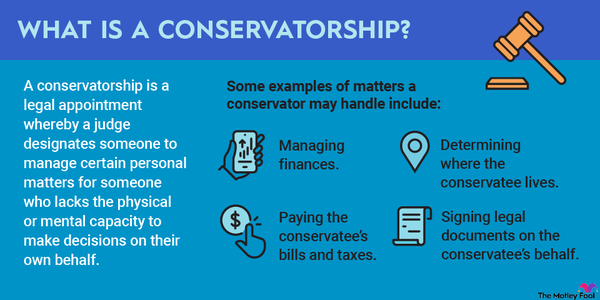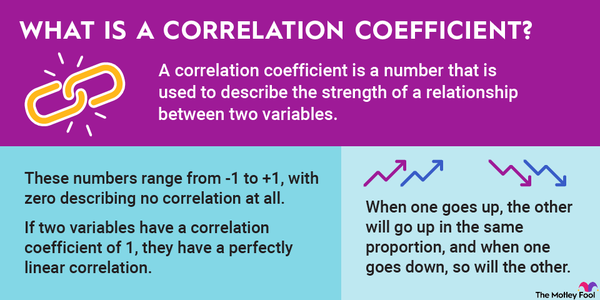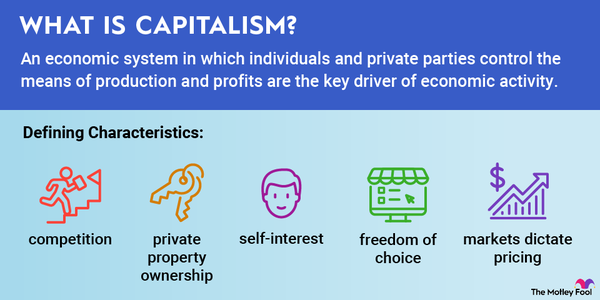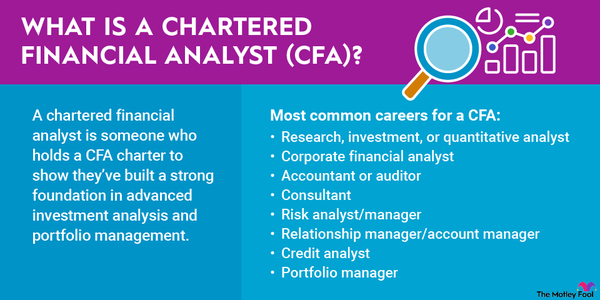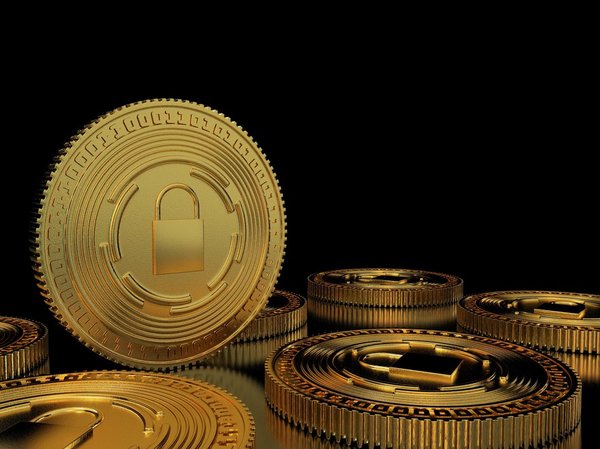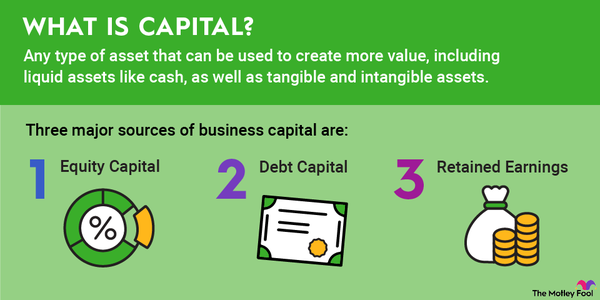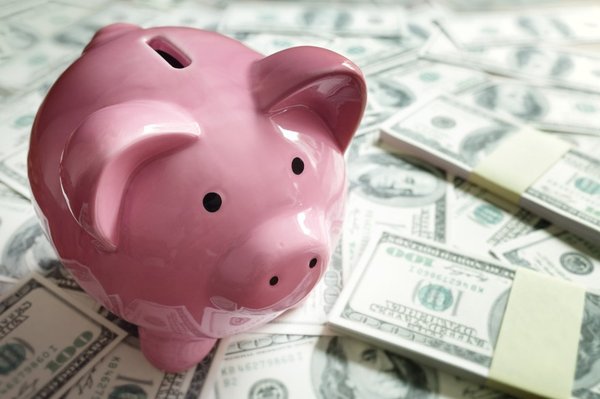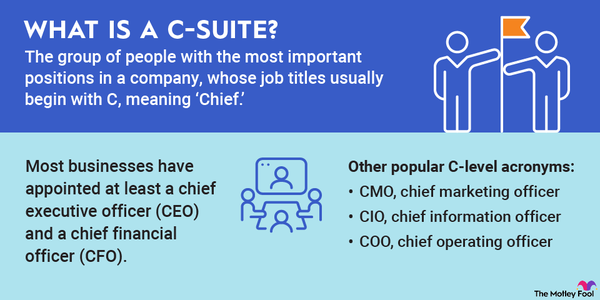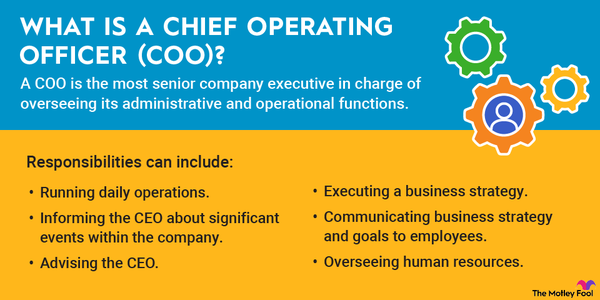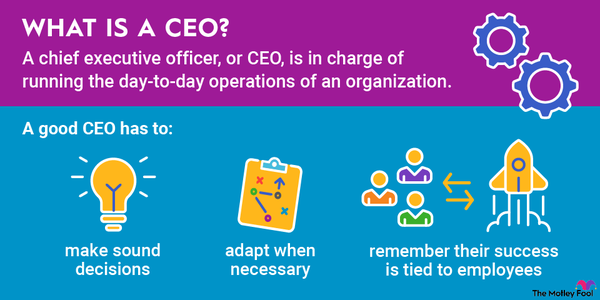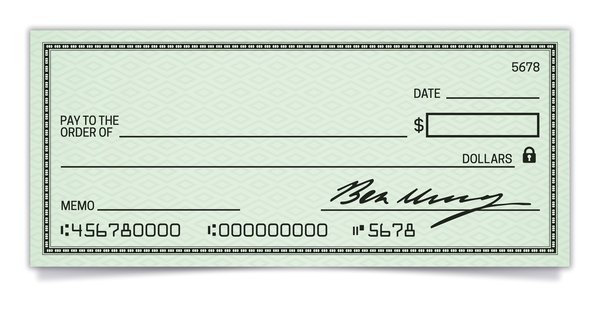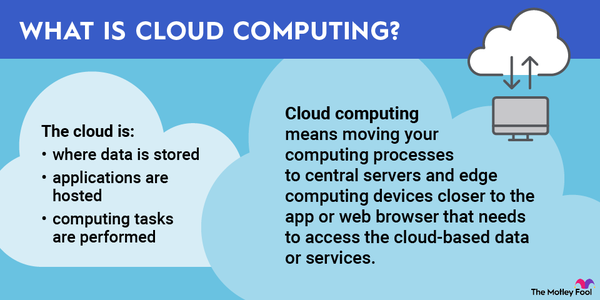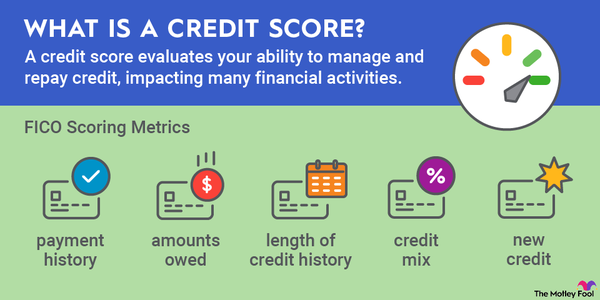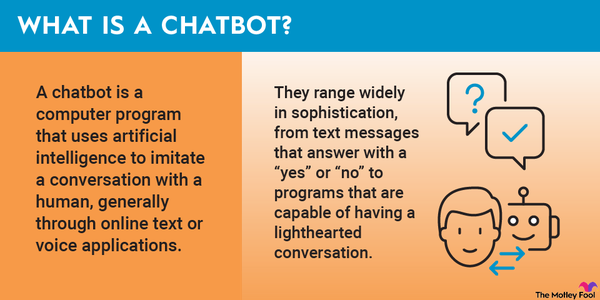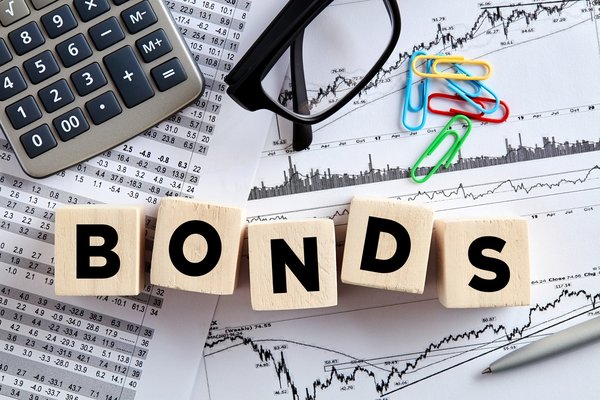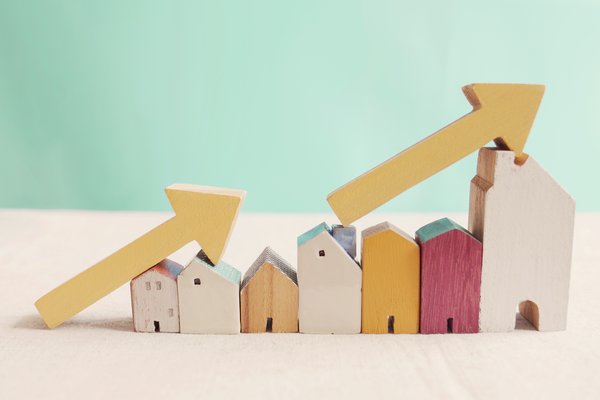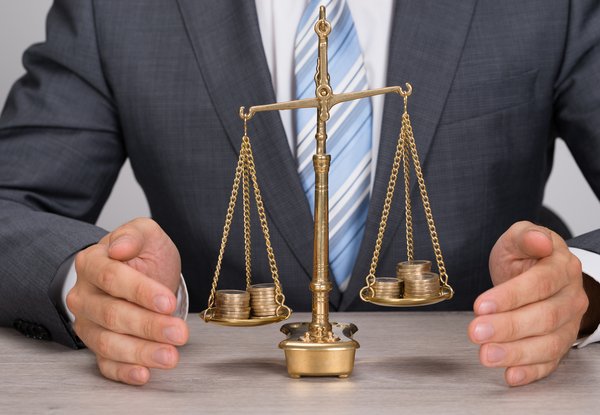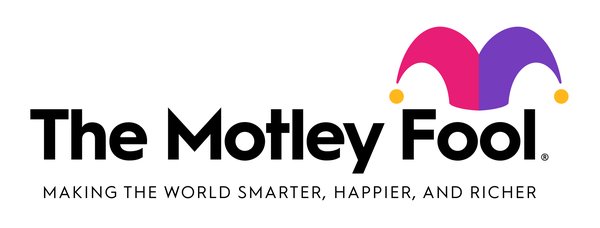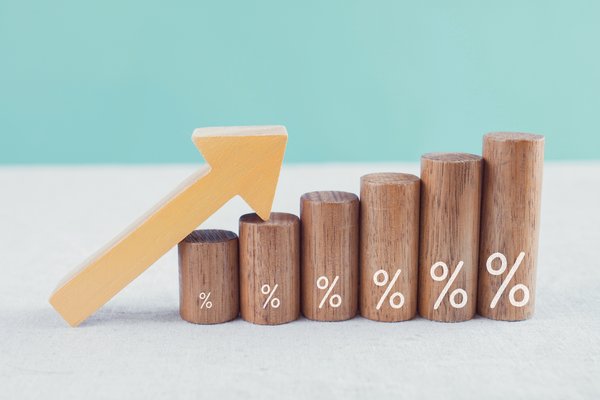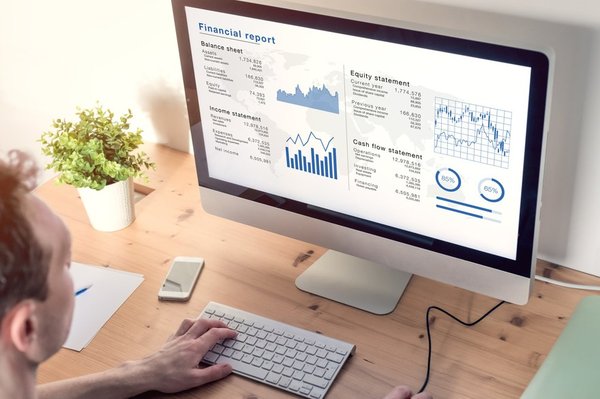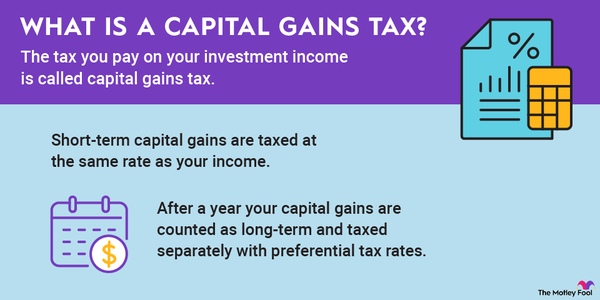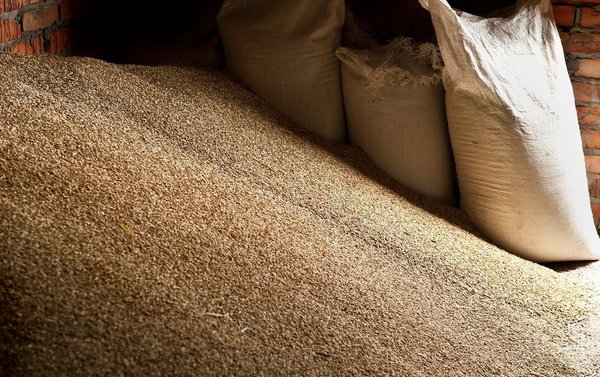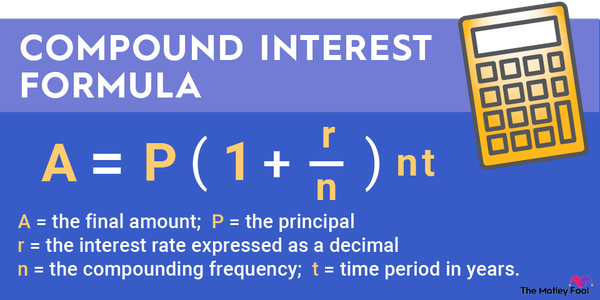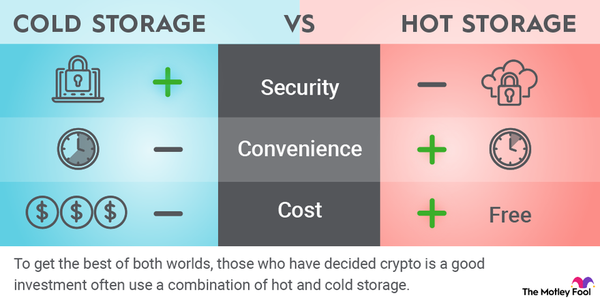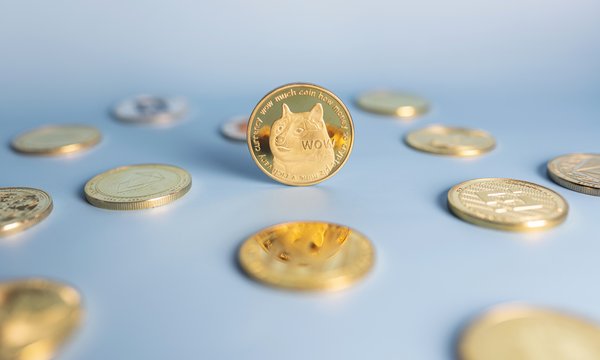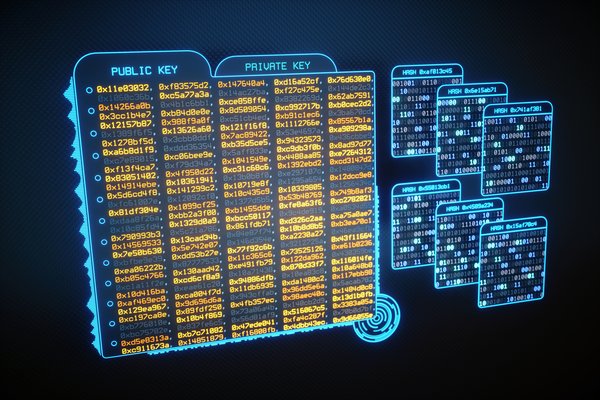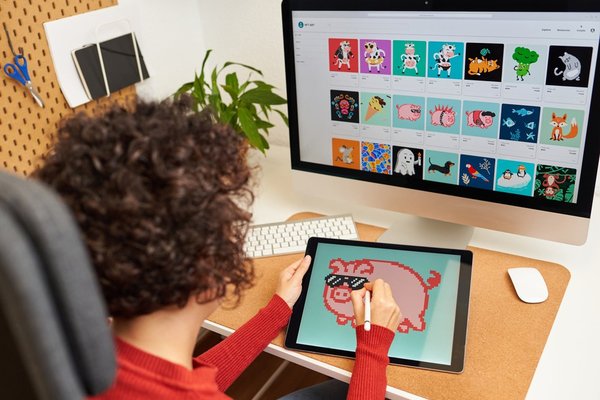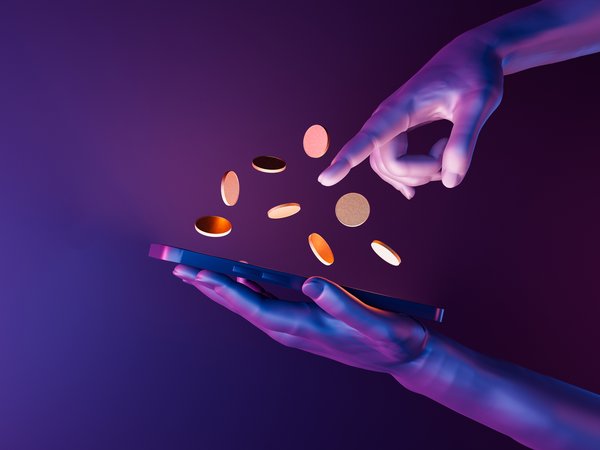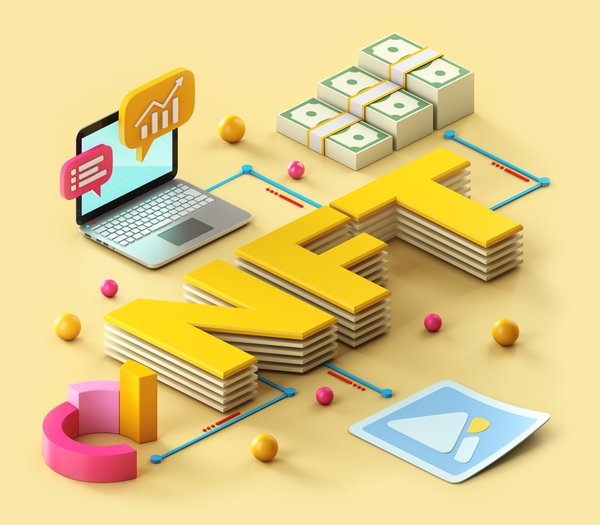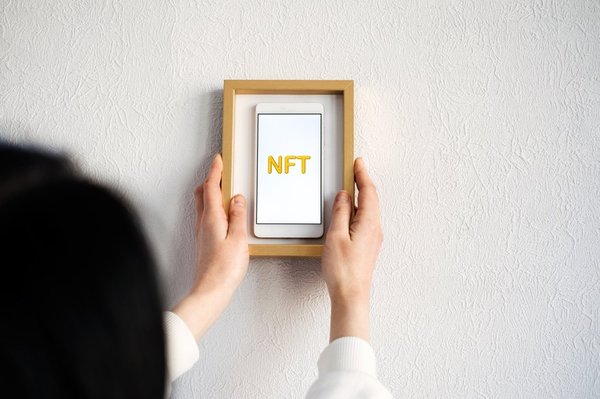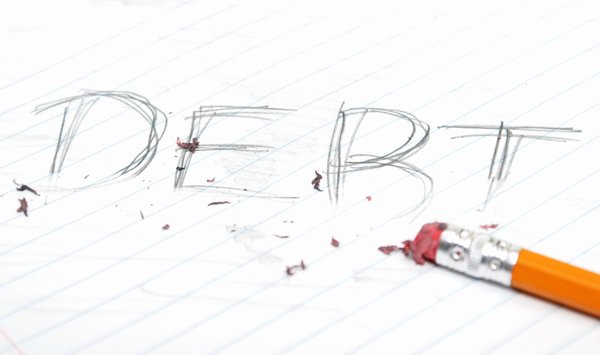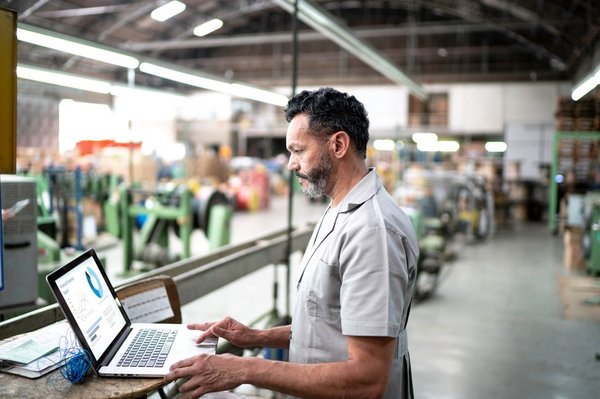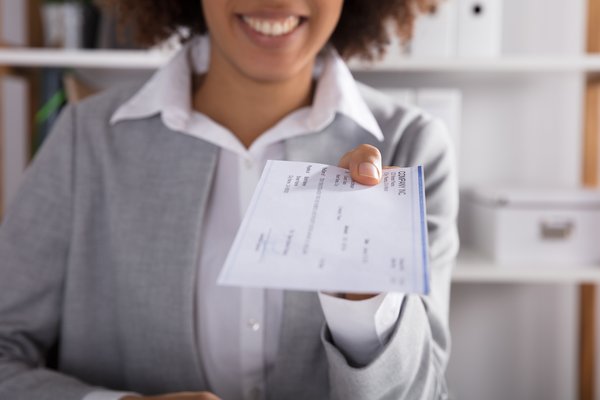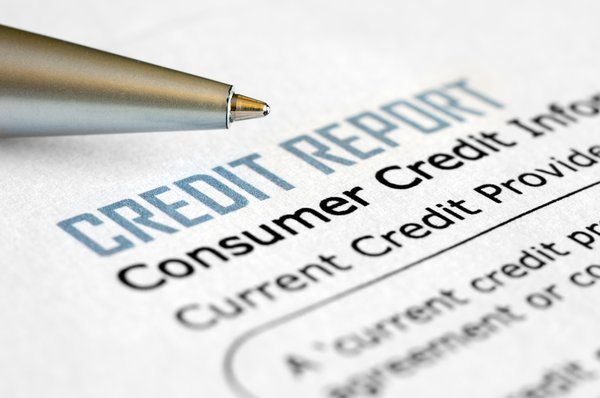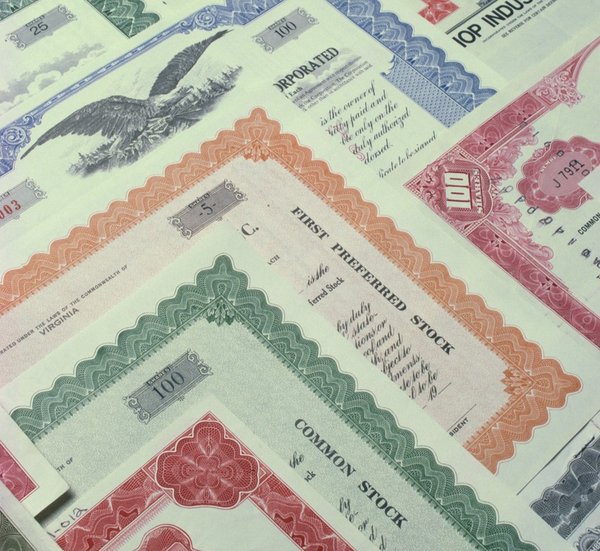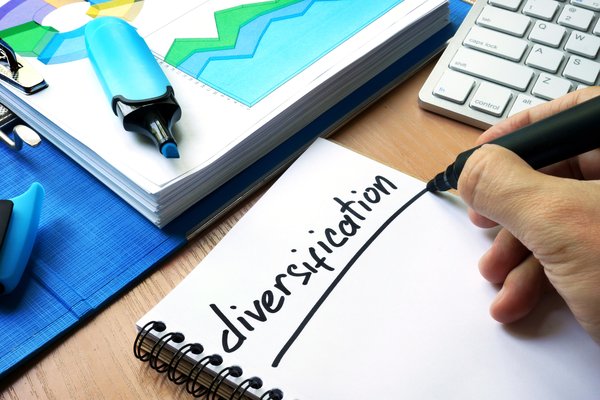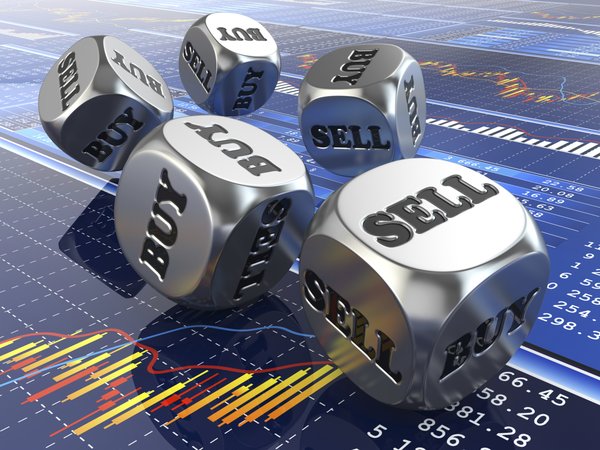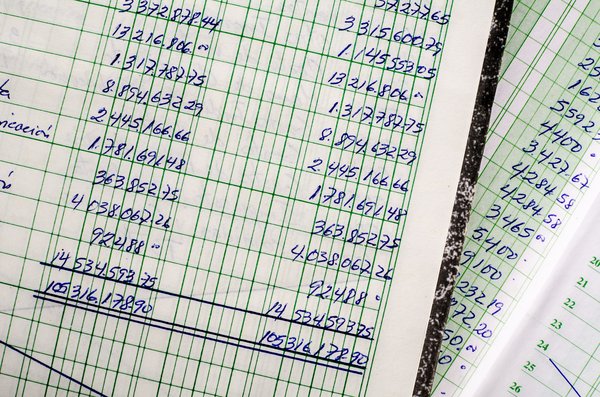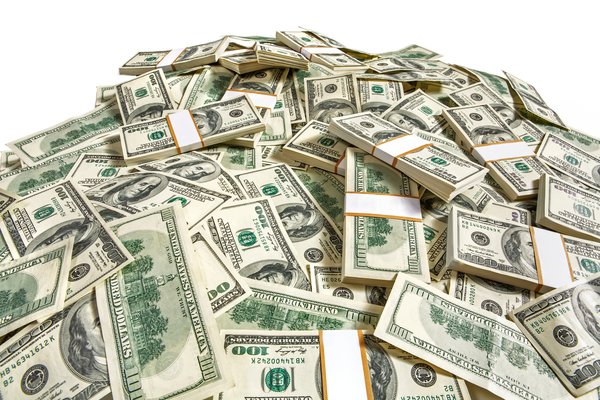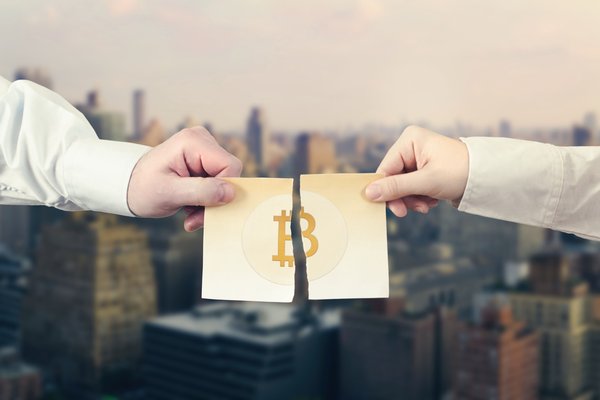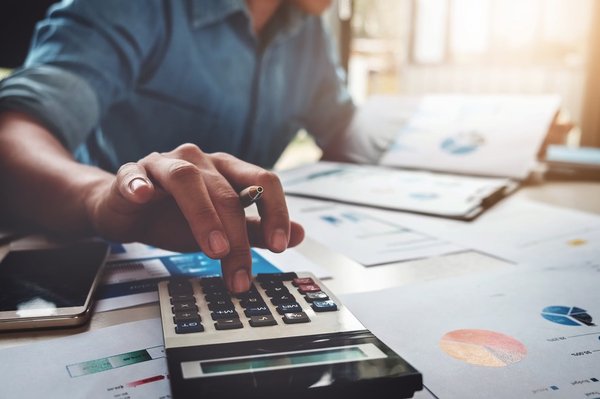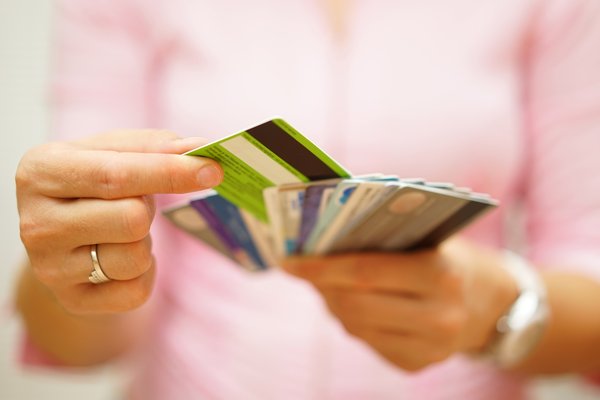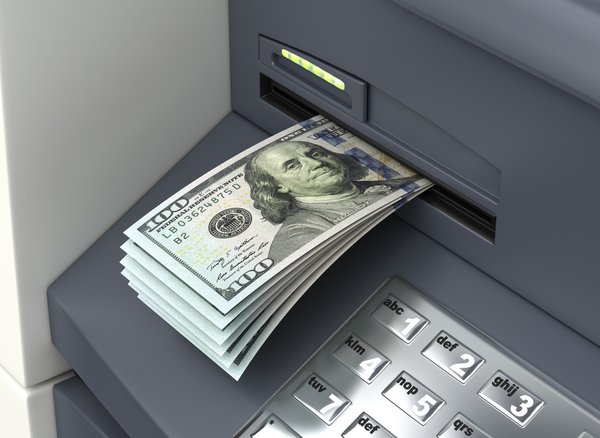Cardano (ADA 1.04%) is a blockchain platform that has set its sights high with a goal to make the world work better for everyone and redistribute power to the margins. ADA tokens are its native cryptocurrency, which are used to pay transaction fees on Cardano. They can also be staked to earn rewards.
Like rival Ethereum (ETH 3.6%), Cardano has smart contract functionality. Developers can use it to build decentralized apps (dApps) and large decentralized finance (DeFi) platforms.
Cardano calls itself a platform for changemakers, innovators, and visionaries. In this guide, we'll take a closer look at what it does and how it fares as an investment.

What makes Cardano unique?
What makes Cardano unique?
The major difference between Cardano and other cryptocurrencies is its reliance on peer-reviewed research and evidence-based methods in its development. While most of the crypto market moves fast, Cardano veers in the opposite direction. It takes a slower, more methodical approach. The benefit is that this makes it more likely that developers catch potential threats.
However, there are drawbacks to Cardano's approach. Its development process tends to take much longer than its competitors, which can cause it to fall behind. Critics have also pointed out that today's peer-review system has its issues, so relying on it isn't necessarily an advantage.
Another way that Cardano crypto stands out is that it uses a proof-of-stake protocol to validate transactions. Proof of stake is much more energy-efficient than proof of work, the original consensus mechanism introduced by Bitcoin (BTC 0.03%).
Many cryptocurrencies now use proof of stake, but, for a time, Cardano was the largest. This helped it develop a reputation as a green cryptocurrency compared to cryptocurrencies that used proof of work.
Where Cardano came from
Where Cardano came from
Charles Hoskinson, a co-founder of Ethereum, began developing Cardano cryptocurrency in 2015. He had decided to leave Ethereum a year earlier due to a dispute with fellow co-founder Vitalik Buterin. Hoskinson wanted to make Ethereum a for-profit company and accept venture capital, whereas Buterin wanted it to remain a nonprofit organization.
With former Ethereum colleague Jeremy Wood, Hoskinson created the blockchain engineering company IOHK. That company, the Cardano Foundation, and EMURGO are in charge of Cardano's development.
Cardano launched on Sept. 27, 2017. It's named after Italian polymath Gerolamo Cardano. Its native token, ADA, is named after mathematician Ada Lovelace.
How Cardano works
How Cardano works
Cardano validates blockchain transactions with a proof-of-stake protocol called Ouroboros. In proof of stake, any of a blockchain's token holders can set up their own network node and become validators. They must stake their crypto tokens to do this, meaning they pledge their tokens to the blockchain.
For each block of transactions that need to be verified, the Ouroboros protocol pseudo-randomly selects a validator node. Selections are based in part on the amount of ADA tokens the node has staked. The more ADA tokens you stake, the more likely you are to be chosen.
After a validator node confirms a block of transactions and adds it to the blockchain, it receives the block reward. Block rewards are paid in ADA tokens, which gives token holders an incentive to stake.
Since peer review is a big part of Cardano, it's important to know what that means. Before Cardano integrates any new technology, that technology is researched, and the research is peer-reviewed. Cardano's research team includes leading academics and explores a diverse range of fields, including philosophy, sociology, behavior, and game theory.
Cardano Partnerships
Cardano Partnerships
Cardano has established quite a few interesting partnerships over the years. Here are a few of the most notable examples of these partnerships and Cardano's role in each one:
- The Ethiopian government has partnered with Cardano to give students in the country's schools blockchain-based IDs. This will allow their academic performance to be recorded and tracked on Cardano's blockchain.
- Global reforestation company veritree is using the Cardano blockchain to store records of the trees it plants.
- DISH Network (NASDAQ:DISH) is integrating the Cardano blockchain as a way to provide digital identity services for its customers.
- Cardano is working with esports company Rival to help it mint and distribute non-fungible tokens (NFTs).
Can I make passive income with Cardano?
Can I make passive income with Cardano?
You can make passive income by staking Cardano. Because it uses proof of stake to validate transactions, anyone who stakes their ADA tokens can earn rewards.
There are two ways to do this. The easiest option is to use a crypto exchange that offers crypto staking. After you buy ADA tokens, you can stake them directly from your account. Here are a few exchanges that supports Cardano staking:
Another option is to stake Cardano yourself through your own blockchain wallet. This requires a little more work, but it will likely get you a better return. To do this, you need to transfer your tokens to a wallet that supports Cardano staking. Two popular options are Daedalus and Yoroi Wallet. Then you can choose a staking pool and stake your Cardano.
Remember that the passive income you'll earn is in ADA tokens, not cash. That means the value of your income will depend on Cardano's price.
Cardano Unique risks
Cardano Unique risks
Reliance on research is a key part of Cardano, but this can also be a disadvantage. While Cardano is still in the research phase, it gives competitors the opportunity to acquire larger market shares.
For example, despite launching in 2017, it wasn't until September 2021 that Cardano launched smart contracts. It also had issues with them right away. The very first dApp, a multiple exchange called Minswap, had to shut down due to issues with processing transactions.
Ethereum had already been running smart contracts for years at this point, which helped establish it as the blockchain with the most dApps. Another competitor, Solana (SOL 6.81%), also beat Cardano to the punch despite the fact that it didn't launch until 2020.
To its credit, the Cardano ecosystem has been steadily growing. It now has decentralized exchanges, NFT marketplaces, blockchain games, and much more.
Is Cardano a good investment?
Is Cardano a good investment?
Cardano could be a worthwhile investment for patient investors who can handle the volatility.
As a blockchain platform, Cardano has a lot of potential. It's eco-friendly and has all kinds of applications, including DeFi and NFTs. It has built some great partnerships so far that demonstrate the different uses it offers. You can also stake Cardano to earn more ADA tokens, which is an added benefit if you buy it.
Still, the lengthy development process could be problematic, and Cardano has also run into performance issues, including heavy congestion at the start of 2022. Those are things to consider when deciding if you should invest.
While long-term investing is always a smart way to go with digital currencies and cryptocurrency stocks, it's especially important with Cardano. This project takes a slow-and-steady approach, so you need to give it time to develop.
Even though Cardano operates differently than other cryptocurrencies, it's still highly volatile. The price can go through significant changes in a short period of time. If you decide to invest, remember that long-term changes are more important than weekly swings.
How to buy Cardano
How to buy Cardano
Because it's one of the market leaders, there are plenty of places to buy Cardano. After choosing an exchange that offers it, you can sign up for an account and make the purchase.
You may want to pick an exchange that also supports Cardano staking. As previously noted, Kraken, eToro, and Crypto.com are all suitable options. However, you can always buy Cardano and stake it yourself if the exchange you choose doesn't have this feature available.
Cardano has built a strong following based on its real-world utility and evidence-based approach. With the quality leadership and the funding behind it, this cryptocurrency will likely remain a major player in the years to come.
